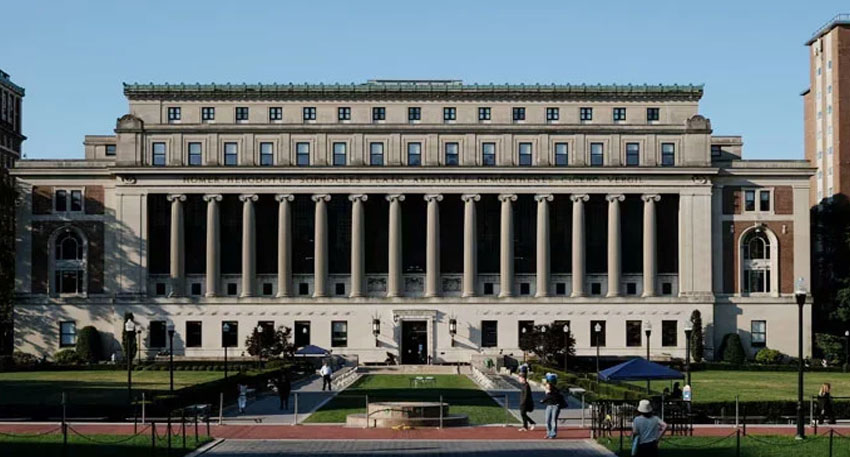
Announced on Wednesday, the settlement will restore the majority of $400 million in federal grants that had been frozen. The university also confirmed it will regain access to billions in current and future federal funding.
This settlement came after U.S. President Donald Trump cut down the university funding claiming that it has failed to adequately address anti-Semitism on its campus.
As per this agreement, Columbia will adopt many reforms, such as hiring more campus security, revising disciplinary policies and strengthening efforts to promote a respectful and inclusive environment.
Also Read: World Court says countries must address ‘urgent and existential threat’ of climate change
Additionally, the agreement urges the university administration to go for merit-based admissions. It also read that CU will eliminate programs that use race-based quotas or diversity targets deemed unlawful.
Under the terms of the deal, Columbia will pay $200 million to the federal government over three years, and an additional $21 million to resolve claims from the Equal Employment Opportunity Commission (EEOC).
Columbia’s acting president, Claire Shipman, acknowledged the financial burden but emphasized the need to protect the university’s standing as a leading research institution. She noted that fighting the case could have led to a loss of federal funding, accreditation, and visa eligibility for international students.
President Trump announced the settlement on his Truth Social platform, calling it “historic,” and warned that more universities would soon face similar scrutiny.
Columbia has been at the center of heated protests over Israel’s military actions in Gaza, which continued throughout the spring and summer of 2024. While Jewish students and faculty raised concerns about antisemitism during the demonstrations, pro-Palestinian advocates argued that their activism is often unfairly equated with hatred toward Jews.
Just a day before the settlement was announced, Columbia’s Judicial Board concluded disciplinary actions against students involved in the protests, including those at the university’s main library and last year’s “Revolt for Rafah” encampment.




